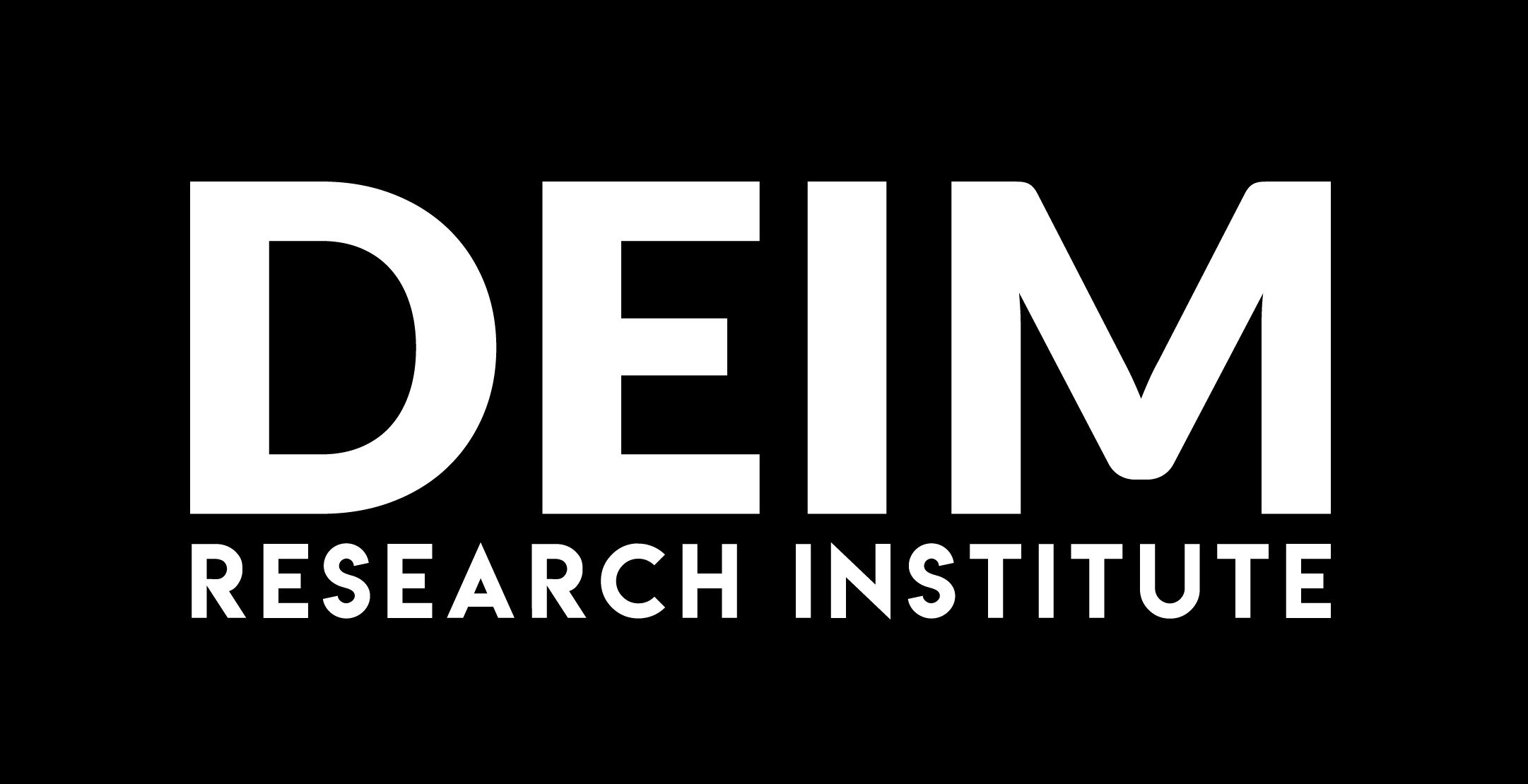“Science for the Digital World”
DEIM is a newly founded research institute dedicated to addressing the challenges of continuous digital innovation. It aims to help navigate the increasingly complex and expanding landscape of digital technologies that shape the global digital ecosystem.
“Science for the Digital World”
DEIM is a newly founded research institute dedicated to addressing the challenges of continuous digital innovation. It aims to help navigate the increasingly complex and expanding landscape of digital technologies that shape the global digital ecosystem.
Scientific Foundations
Computer and Information Sciences
Computer and Information Sciences build the technical foundation of digital ecosystems. This area encompasses subcategories such as artificial intelligence, human-computer interaction, information systems, and cybersecurity. It is critical for integrating digital components and ensuring secure and efficient operations. Advances in computer science directly drive innovations in digital ecosystems.
Systems and Complexity Science
The behavior of a system cannot be understood solely by its individual parts. Systems theory and complexity science help manage complex interactions within digital ecosystems. Systems theory focuses on interactions between components to explain collective behaviors, while complexity science examines how simple rules lead to unpredictable and emergent behaviors.
Management Science
Business and Management guide the integration of digital technologies into business operations, ensuring operational efficiency and strategic alignment. This area focuses on digital transformation to enhance competitiveness and innovation, as well as long-term strategic planning. By aligning technological advancements with business goals, it supports the effective management and transformation of digital environments.
Finance and Economics
Digital ecosystems are the building blocks of the digital economy. Global financial markets, for example, are complex adaptive digital ecosystems that naturally coevolve with advances in computer and information sciences. Economics and Finance help to understand these ecosystems by providing insights into their economic dynamics, thereby helping to develop strategies to drive economic value and growth.
Scientific Foundations
Computer and Information Sciences
Computer and Information Sciences build the technical foundation of digital ecosystems. This area encompasses subcategories such as artificial intelligence, human-computer interaction, information systems, and cybersecurity. It is critical for integrating digital components and ensuring secure and efficient operations. Advances in computer science directly drive innovations in digital ecosystems.
Systems and Complexity Science
The behavior of a system cannot be understood solely by its individual parts. Systems theory and complexity science help manage complex interactions within digital ecosystems. Systems theory focuses on interactions between components to explain collective behaviors, while complexity science examines how simple rules lead to unpredictable and emergent behaviors.
Management Science
Business and Management guide the integration of digital technologies into business operations, ensuring operational efficiency and strategic alignment. This area focuses on digital transformation to enhance competitiveness and innovation, as well as long-term strategic planning. By aligning technological advancements with business goals, it supports the effective management and transformation of digital environments.
Finance and Economics
Digital ecosystems are the building blocks of the digital economy. Global financial markets, for example, are complex adaptive digital ecosystems that naturally coevolve with advances in computer and information sciences. Economics and Finance help to understand these ecosystems by providing insights into their economic dynamics, thereby helping to develop strategies to drive economic value and growth.
Research Themes

Digital Ecosystems
In this domain, we explore the complex interplay between technology, people, and processes, primarily focusing on the design, integration and management of digital platforms and information systems.

Artificial Intelligence
Artificial Intelligence and Machine Learning stand at the forefront of technological evolution. Our research here revolves around harnessing these tools (intelligent agents) for decision making, and innovation.

Emerging Technologies
Our work in this area is dedicated to understanding the emergence, adoption, and implications of new technologies. We seek to understand how these innovations shape business, politics, and society.

Cybersecurity
Cybersecurity is of paramount importance in our digital age. Our work in this sphere focuses on developing strategies and mechanisms to protect individuals and organizations against an array of cyber threats.

Business Analytics
In this domain, we leverage the power of data to derive actionable insights. By utilizing analytical tools and techniques, our research seeks to transform data into meaningful patterns, driving informed business decisions.

Future Oriented Research
We focus on a forward-looking, anticipatory approach to research. Understanding and addressing the complexities of our time necessitates a pivot from retrospective analyses to more future-oriented investigations.
